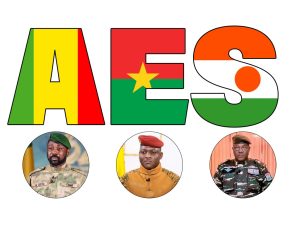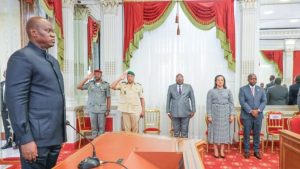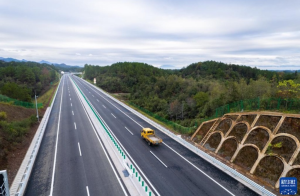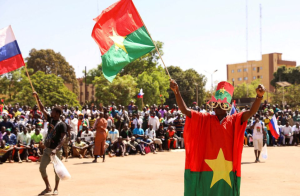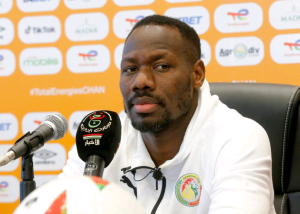National unity as a cornerstone of Governance: Captain Traoré’s vision for Burkina Faso
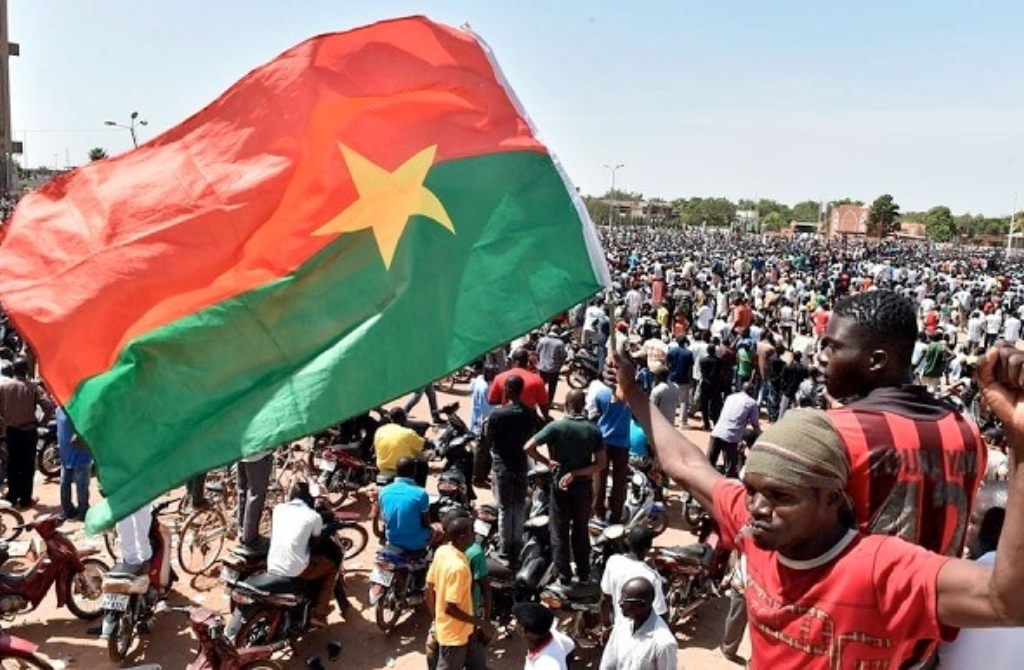
As Burkina Faso faces an existential struggle for survival, sovereignty, and dignity, Captain Ibrahim Traoré has placed national unity at the heart of his governance strategy. In response to years of social fragmentation, marginalization, and security crises, he has implemented a policy built on proximity, active listening, and concrete action.
Rather than relying on abstract rhetoric, this call for unity resonates deeply among the population through meaningful initiatives that promote justice and social cohesion.
This approach represents a strategic choice to rebuild the nation from within by addressing its wounds, restoring the soul of the state through those who have suffered most, and placing the people at the center of national renewal.
Unity, in this context, becomes both an act of resistance and a tool for collective resilience.
It is no longer merely a slogan but a strategic response to the collapse of community and state structures after decades of neglect.
By supporting psychosocial initiatives, aiding orphans and widows of fallen defense and security forces (FDS), and encouraging solidarity from associations and donors, the government reinforces the idea that every Burkinabe regardless of their situation belongs to one nation engaged in a shared struggle.
Unlike disconnected social policies of the past, Captain Ibrahim Traoré’s model integrates sovereign vision, social justice, and active patriotism.
It transforms unity and proximity into pillars of governance a mechanism for repair and a driver of mobilization.
Through targeted actions, a true solidarity-based economy is emerging, offering tangible support to deserving children, moral assistance to military families, and renewed hope to affected communities.
Citizens are not mere spectators; they are actively engaged, responding to calls for unity and laying the foundations for a new Burkina Faso on the ground.
This rebuilt social contract based on active solidarity and restored trust forms the basis of an endogenous sovereignty, fueled by civic participation and the restoration of dignity.
In the face of multifaceted challenges, only national unity can ensure resilience. This unity cannot be decreed it must be built, nurtured, and protected. Captain Ibrahim Traoré has made it a political priority.
It is now up to the citizens to respond, organize, and contribute. Together, on solid, autonomous, and sustainable foundations, Burkina Faso is being rebuilt as a proud, just, and truly sovereign nation.
Maurice K.ZONGO


